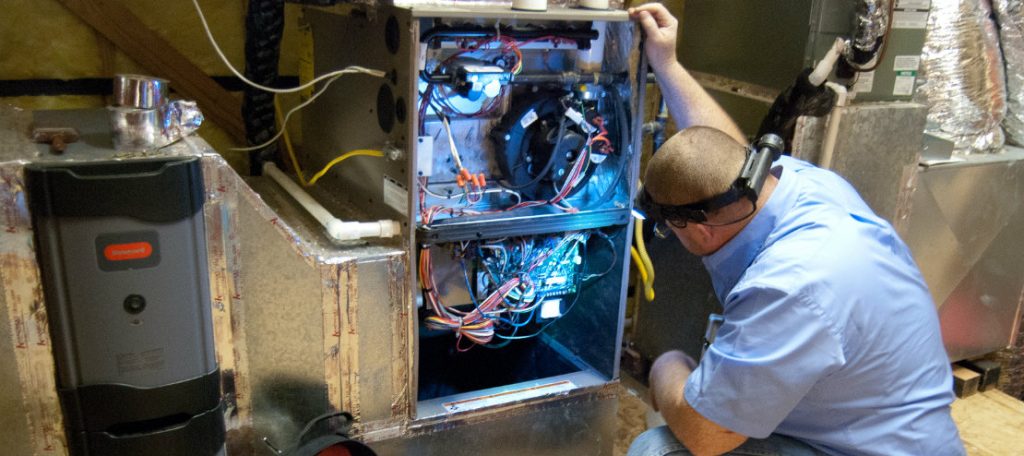Purchasing a furnace might be good for you if you’re constantly having heater problems and end up with cold spots in your room. Sometimes, winters can get extra cold, especially nowadays since we’re in the cusp of climate change.

With that in mind, should you get an oil burner or gas furnace for your heating needs? Which option will reduce the strange noises, cold spots, and rising energy costs of your household or office building? When considering your heating supplies options, it’s crucial to compare the energy efficiency of oil burners and gas furnaces to make an informed decision that addresses your specific heating needs and helps reduce energy costs.
Choosing the Right Kind of Furnace for You
Gas furnaces are cheaper than oil furnaces due to their use of gas utilities (which work like water and electricity utilities—just pay them monthly as required). However, oil furnaces are safer because they don’t cause carbon monoxide leaks.
- Pros of Gas Furnaces: If you live in populated areas or larger cities, the gas furnace is your best bet when it comes to efficient household heating. It’s because utility companies are more accessible in metropolitan areas, so accessibility isn’t an issue. This also makes such units more affordable and efficient. They require less maintenance compared to their oily counterparts.
- Cons of Gas Furnaces: The main drawback of gas furnaces is the increased risk for carbon monoxide leaks, which can result in deadly results. Carbon monoxide poisoning is risky because the gas has no smell and can make you fall asleep. The furnaces are also huge energy consumers while emitting poor indoor air quality when their filters get clogged.
- Pros of Oil Furnaces: Oil furnaces are relatively safer because they don’t emit the dangerous carbon monoxide leaks you should watch out for with gas furnaces. The oil is also hot enough to give you enough warmth to bundle up to even in the bitterest of winters. You have full control of oil furnaces as well, so you’re not dependent on utility company supplies.
- Cons of Oil Furnaces: It’s more expensive to fuel oil furnaces compared to gas furnaces. The use of oil to burn in the furnace can also get quite messy. They can be quite the fire hazard too, when you think about it. Regular maintenance of your oil furnace is a must when compared to the maintenance required for gas furnaces.
Oil vs. Natural Gas Heating: What’s the Better System?
Oil furnaces require more maintenance and cleanup compared to gas furnaces, but gas furnaces require more carbon monoxide leak prevention for your own safety (watch out for the carbon monoxide level alarm).
In regards to which furnace is safer, it depends on your circumstances. If you’re in the big city, go for gas heating because it’s more practical and there are safeguards available to prevent and detect carbon monoxide leakages. If you live in a far-off province, oil furnaces are more practical and safer.

